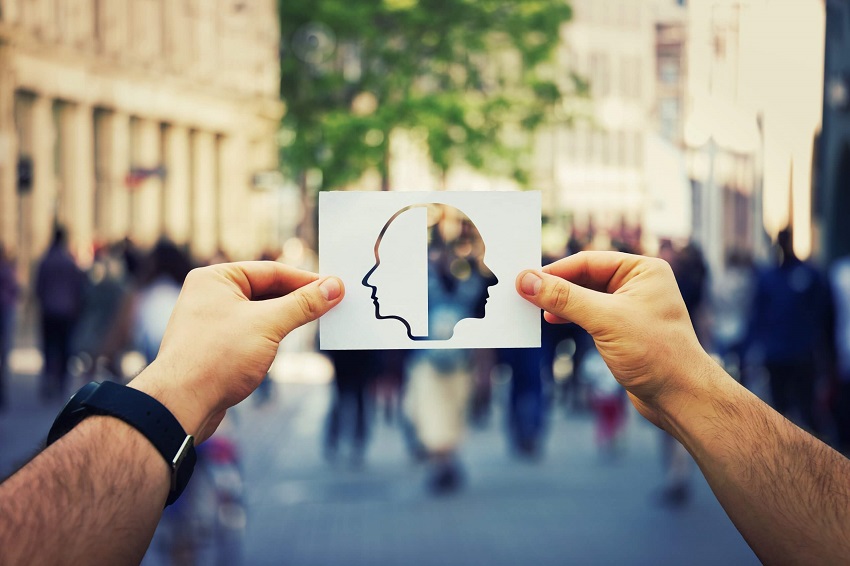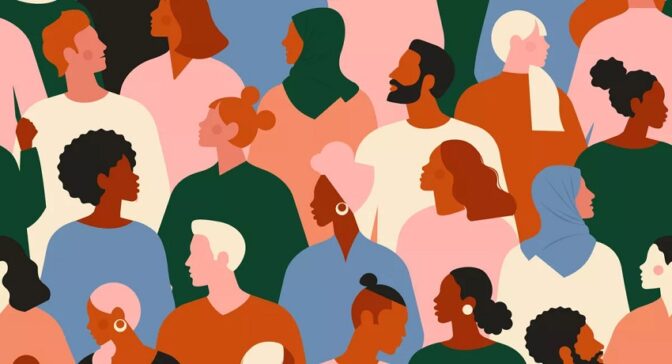Society is a complex web of relationships, interactions, and shared values that bind individuals together to form a collective entity. It encompasses the social, cultural, and economic systems that shape our lives. In this article, we will delve into the multifaceted nature of society, exploring its defining characteristics, functions, and impact on individuals and communities. This content is provided by https://tapasociety.org/
The Fabric of Social Connections
Society is like a tapestry interwoven with countless threads of human connections. It serves as a platform where individuals coexist, collaborate, and evolve together. Through interactions, societies create norms, traditions, and institutions that shape the behavior and beliefs of their members.
The Building Blocks of Society
1. Social Institutions: The Pillars of Societal Structure
Social institutions are the foundation upon which societies are built. They encompass various structures and systems such as family, education, religion, government, and economy. These institutions provide the framework for social order, governance, and the transmission of knowledge and values across generations. Discover the importance of society.
2. Cultural Identity: Shaping Societal Diversity
Culture plays a vital role in society, reflecting the shared values, beliefs, and customs of a particular group. It encompasses aspects such as language, traditions, arts, and cuisine. Cultural diversity enriches societies, fostering mutual respect and understanding among different communities.
3. Social Roles and Norms: Navigating Interactions
Social roles define the expected behaviors, rights, and obligations individuals have within a society. Norms, on the other hand, are the unwritten rules that govern social interactions. Both social roles and norms provide a framework for individuals to navigate their relationships and contribute to the overall functioning of society.
Functions of Society
4. Social Order and Stability: Maintaining Harmony
One of the primary functions of society is to establish and maintain social order and stability. Laws, regulations, and social norms help prevent chaos and conflict, ensuring a peaceful coexistence among members. Institutions like the legal system and law enforcement agencies uphold these principles.
5. Socialization: Shaping Individuals
Society plays a crucial role in socializing individuals, imparting knowledge, values, and skills necessary for their development and integration into the community. Family, education, and peer groups contribute to the socialization process, equipping individuals with the tools to navigate their social environment.
6. Collective Identity and Belonging: Fostering a Sense of Community
Belonging to a society provides individuals with a collective identity, giving them a sense of purpose and connection. Shared values, symbols, and traditions foster a feeling of unity and solidarity among members. This collective identity strengthens social bonds and promotes cooperation.
The Impact of Society
7. Social Change and Progress: Adapting to Evolving Needs
Society is not static; it evolves and adapts to changing circumstances and needs. Through collective action, societies can address social, economic, and environmental challenges. Social movements, advocacy groups, and technological advancements drive social change and progress.
8. Inequality and Social Stratification: Addressing Disparities
While society aims to foster equality and fairness, it also grapples with issues of inequality and social stratification. Factors such as socioeconomic status, gender, race, and access to resources can create disparities within societies. Addressing these inequities is crucial for promoting social justice and inclusivity.
9. Community Support and Well-being: Nurturing Care Networks
Society provides a support network for individuals during times of need. Community organizations, healthcare systems, and social welfare programs offer assistance and care to those facing challenges. This collective responsibility helps ensure the well-being and resilience of society as a whole.
Conclusion
Society is an intricate tapestry woven with the threads of human connections, institutions, and shared values. It shapes our identity, provides a framework for social interactions, and facilitates collective progress. Understanding the essence of society allows us to appreciate the significance of our individual roles within this complex web of human relationships.
FAQs
Is society a product of human nature?
Society is a product of human nature and the need for social connections. Humans are inherently social beings, and society arises from the collective actions and interactions of individuals.
What are some examples of social institutions?
Social institutions include family, schools, religious organizations, governments, and economic systems. These institutions provide structure, order, and stability within societies.
How does society shape individual behavior?
Society influences individual behavior through socialization, social norms, and the expectations associated with social roles. The values, beliefs, and customs of a society shape the way individuals think, act, and interact with others.
Can society exist without culture?
Culture is an integral part of society, as it encompasses the shared beliefs, values, and practices of a community. Without culture, societies would lack identity, cohesion, and the foundations for social interaction.
What is the role of society in promoting social change?
Society plays a vital role in promoting social change through collective action, advocacy, and the mobilization of individuals around common goals. Social movements and grassroots initiatives have historically driven significant transformations in societies.
